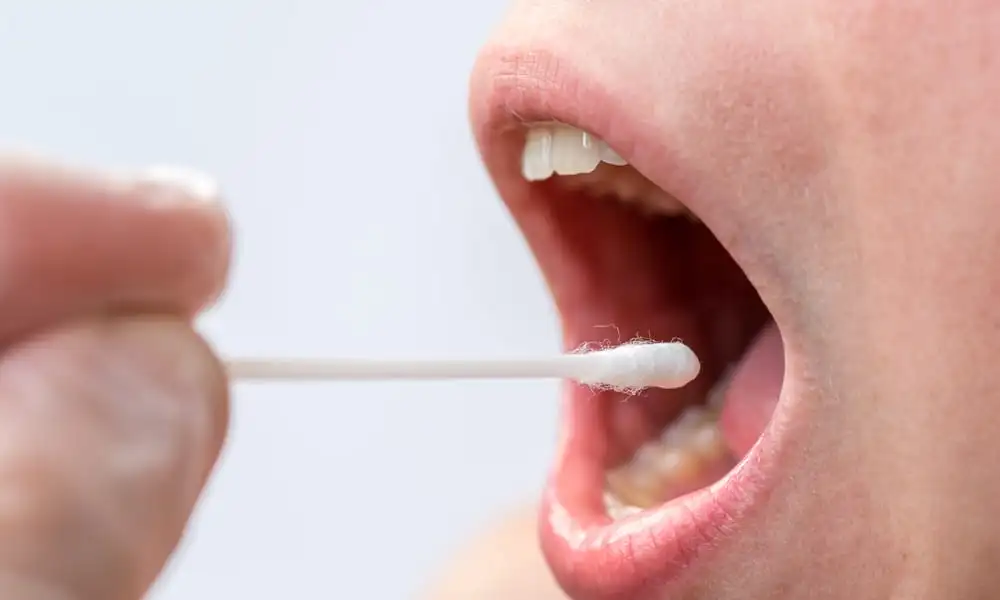Marijuana consumption has become increasingly popular, and many individuals enjoy the recreational and medicinal benefits it offers. However, it is essential to understand the potential risks and effects when smoking too much weed.
In this comprehensive guide, we explore the various consequences that can arise from excessive marijuana use and provide helpful tips on how to manage these situations. Whether you are a seasoned user or new to cannabis, this article will help you navigate the potential hazards of overconsumption.
The Impact of Smoking too Much Weed
One of the potential side effects of excessive marijuana use is a drop in blood sugar levels, commonly referred to as a “green-out.” This condition can cause symptoms such as paleness, weakness, sickness, and even temporary loss of consciousness. If you or someone you know experiences these symptoms, it is crucial to take immediate action.

Tremors
While cannabis has been found to have potential therapeutic benefits for conditions associated with tremors, such as Parkinson’s disease and multiple sclerosis. It’s worth noting that tremors can occur as a result of excessive marijuana use. Although the exact mechanism behind this phenomenon is not well understood.
However, it is believed to involve the interaction of THC (tetrahydrocannabinol), the psychoactive compound in cannabis, with the central nervous system. Tremors can also be a part of withdrawal symptoms in individuals who have developed a dependence on marijuana. To minimize the risk of dependence, regular breaks from cannabis use are recommended.
Dry Mouth and Throat
A common side effect of marijuana consumption, even in small quantities, is a dry mouth and throat. However, excessive consumption can exacerbate this condition, making it uncomfortable and persistent, even with increased water intake. This occurs due to the binding effect of cannabinoids, the active compounds in marijuana, with receptors in the salivary glands, resulting in reduced saliva production. To alleviate this symptom, continuously sip on water and, if necessary, utilize demulcents available from pharmacies. Demulcents can help coat the mucus membranes and keep them moist, providing relief from dry mouth and throat.

Paranoia and Anxiety
Intoxication with marijuana can lead to feelings of paranoia and anxiety. While these symptoms may decrease as an individual develops tolerance to cannabis, they can become chronic for some users. Studies suggest that paranoia may be an escalation of existing depression and low self-esteem. In a study involving 121 participants, THC was found to increase the occurrence of paranoia by 50 percent compared to the control group. To minimize the risk of experiencing paranoia. It’s advisable to reduce the frequency of cannabis use and ensure that you are in a calm, stress-free environment.
Increased Heart Rate
Consuming excessive amounts of marijuana can cause an increase in heart rat. Which can potentially lead to cardiovascular issues such as heart attacks or strokes. This risk is particularly heightened in individuals with preexisting heart conditions or long-term, heavy users. It is crucial for individuals with underlying cardiac conditions to exercise caution when using cannabis. As well as, consult with their healthcare provider to assess the potential risks.

Impaired Memory and Cognitive Function
Excessive marijuana use can impair memory and cognitive function. Leading to difficulties in performing memory-related tasks and a reduced interest in day-to-day activities. Prolonged and excessive cannabis use can also exacerbate symptoms of schizophrenia in susceptible individuals. It is important to be mindful of your consumption habits and take breaks from marijuana use to allow your cognitive abilities to recover.
Potential Symptoms of Smoking too Much Weed
In addition to the aforementioned effects, Smoking too much weed can lead to various other symptoms, including:
- Red eyes: Cannabis use can cause bloodshot eyes due to the dilation of blood vessels in the eyes.
- Excess phlegm production: Heavy marijuana use can result in increased phlegm production, leading to persistent coughing and a higher risk of respiratory tract infections.
- Slowed reaction time: Cannabis can slow down reaction times, increasing the risk of accidents and impairing performance in tasks that require quick responses.
- Hallucinations and psychosis: While rare, excessive marijuana use can induce hallucinations and psychosis in susceptible individuals.
- Lowered cognitive ability: Chronic and heavy marijuana use has been associated with long-term cognitive impairments, particularly in individuals who started using cannabis at a young age.
Managing the Effects of Excessive Weed Consumption
If you find yourself experiencing the effects of smoking too much weed. However, there are several strategies you can employ to manage and alleviate these symptoms:
- Splash your face with cold water: This can help calm your nerves and bring you back to the present moment. Avoid looking at yourself in the mirror, as it may intensify any strange feelings associated with being high.
- Take a walk outside: Fresh air and a change of scenery can help you feel more grounded and connected to the world around you. Walking is a gentle form of exercise that can promote relaxation and increased oxygen flow to the brain, boosting your energy levels.
- Take a shower or bathe: A shower or warm bath can provide a soothing effect, helping to relax your nerves and bring you back to a more grounded state. Consider finishing with a cold water rinse for an invigorating sensation.
- Enjoy a healthy meal: Eating a nutritious meal can help stabilize your blood sugar levels and provide you with the energy you may be lacking due to cannabis-induced appetite suppression. If you don’t feel like eating a full meal, try snacking on healthy options until you’re ready for a proper meal.
- Relax or take a nap: Giving your body and mind time to rest can aid in the metabolization of marijuana compounds, allowing you to wake up feeling refreshed and sober. If possible, allow yourself to sleep overnight to allow for a more complete recovery.
- Stay hydrated: Drinking water or non-caffeinated, non-alcoholic beverages can help combat dry mouth and keep you hydrated. Sipping and swallowing can also keep you occupied and focused as you work to sober up.

Conclusion
While marijuana can offer therapeutic benefits and enjoyable experiences when used responsibly. It’s essential to be aware of the potential risks associated with excessive consumption. Understanding the effects of smoking too much weed allows you to make informed decisions. As well as, take necessary precautions to protect your physical and mental well-being. By practicing moderation, being mindful of your consumption habits, and seeking professional help when needed. You can maintain a balanced relationship with cannabis and enjoy its benefits responsibly.

